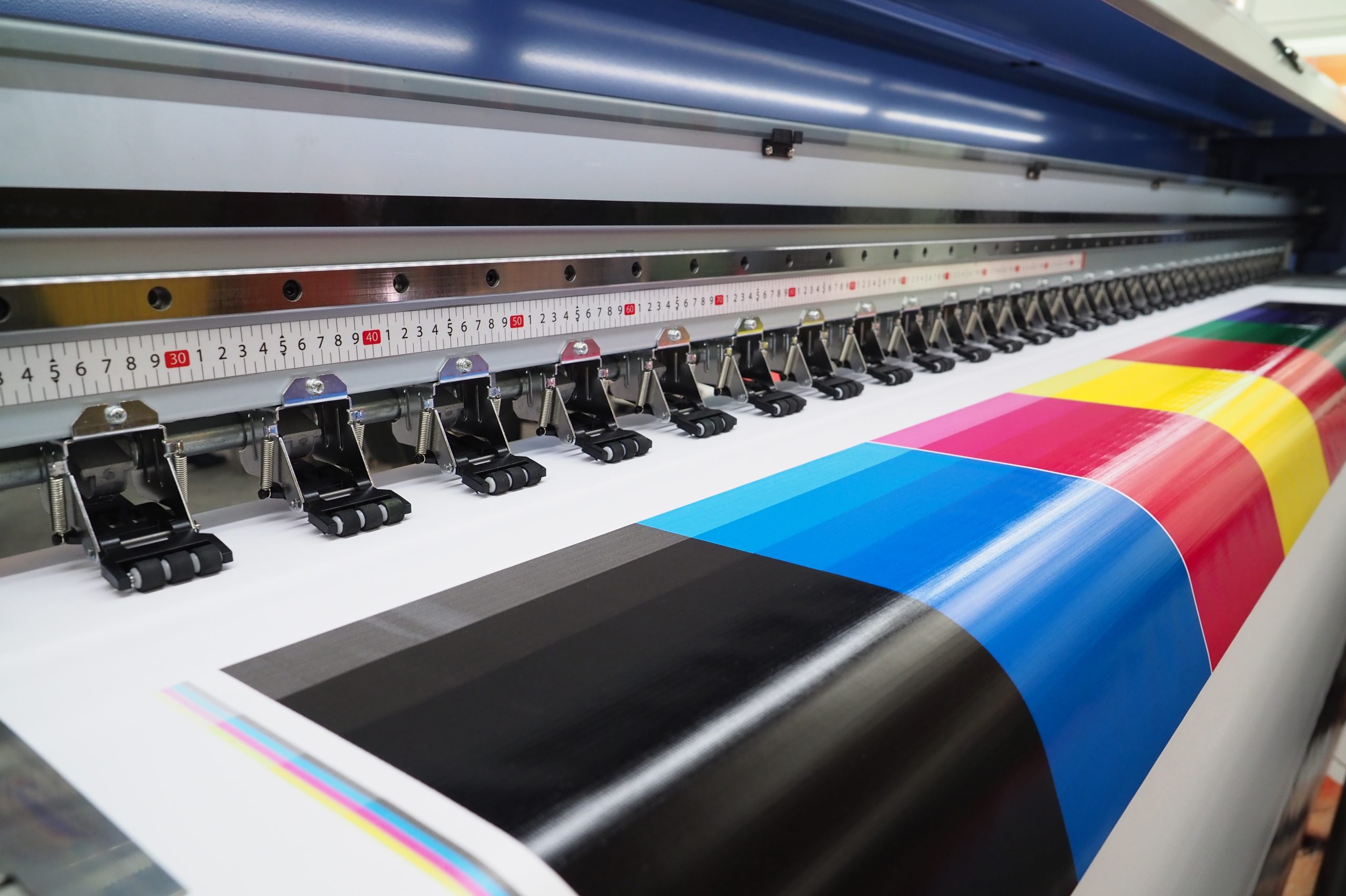Production efficiency isn’t just a metric to monitor; it’s a critical element that can propel your business to new heights or hold it back from achieving its full potential. Even the most comprehensive plans can fail to account for the insidious claws of slow production. For manufacturers and operations managers, understanding the root causes of slowdowns is crucial to maintaining robust production cycles. In this article, we unpack the most common reasons why your production is slow and highlight a few suggestions to pick up your speed.
Unveiling the Downturn
Slow production can elude recognition for far too long and transform from a mild concern to a significant hindrance if not addressed. Signs are often subtle at first, such as minor fluctuations in output or a slight uptick in missed deadlines. However, these initial whispers of inefficiency should serve as warnings. Subpar performance, when left unchecked, can unravel operations and affect everything from customer satisfaction to the bottom line.
Inefficient Workflow: A Silent Barrier
Misaligned workflow and inadequate plant layouts are often synonymous with unnecessary steps and prolonged transit times. Recognizing these inefficiencies is the first step toward rectification. Simple yet strategic adjustments, like reorganizing equipment for more direct material or employee flows, can make a considerable difference. Such changes save time, improve work satisfaction and promote a culture of efficiency.
Staffing and Training Strategies
At the heart of every operation are the individuals who make it run. Staffing levels that don’t align with demand or improperly trained employees can torpedo even the most refined processes. Regular performance reviews and training updates are as essential as any other maintenance routine. Equip your team with the knowledge and resources they need to succeed, and your production lines will hum with optimal performance.
A Symphony of Strategies
Solutions are rarely one-size-fits-all. A harmonious blend of technology upgrades, human resource strategies, and workflow optimizations often yields the best results. Adopt a continuous improvement philosophy within your organization to stay agile and responsive. Doing so creates room for growth, innovation, and, ultimately, speed.
Tips for Speeding Up Manufacturing
One of the best tips for speeding up manufacturing is through staff empowerment. Regular staff feedback and training tailored to the production pace can directly affect operational speed. Support your team with the resources and autonomy necessary to make agile decisions that keep production lines moving efficiently.
The Advantages of Bucket Conveyors
When assessing tools to bolster your efficiency, the humble bucket conveyor deserves special mention. This versatile equipment streamlines material handling and reduces manual labor and associated time delays. Bucket conveyors are silent engines that speed up the production line for industries with high volumes and repetitive cycles.
Production slowdowns are more than a nuisance; they’re thieves of time and profit. By investigating the common reasons behind slowed production, you can make sound, strong, and profitable decisions that benefit your business and your people. It’s a dynamic, sometimes arduous, but always rewarding path that your business—and the bottom line—will thank you for traversing.






